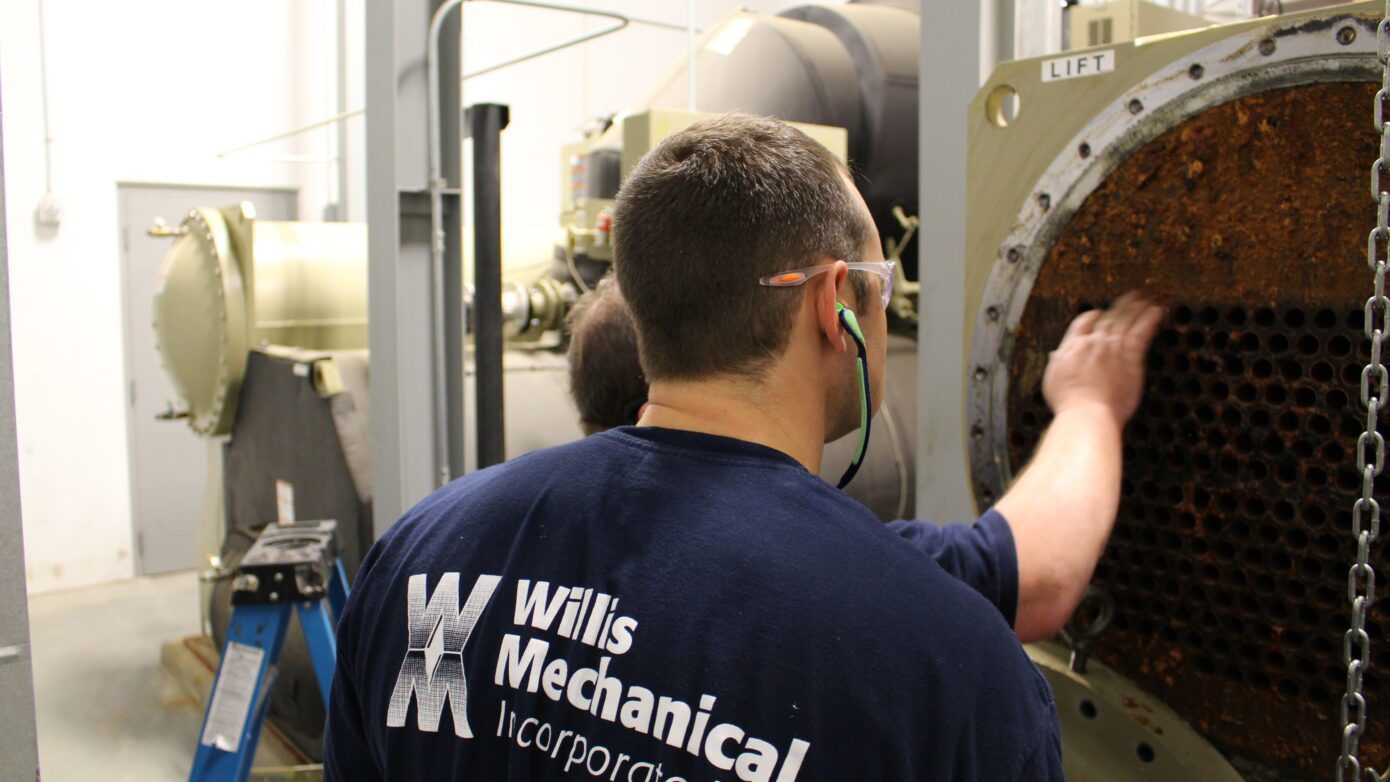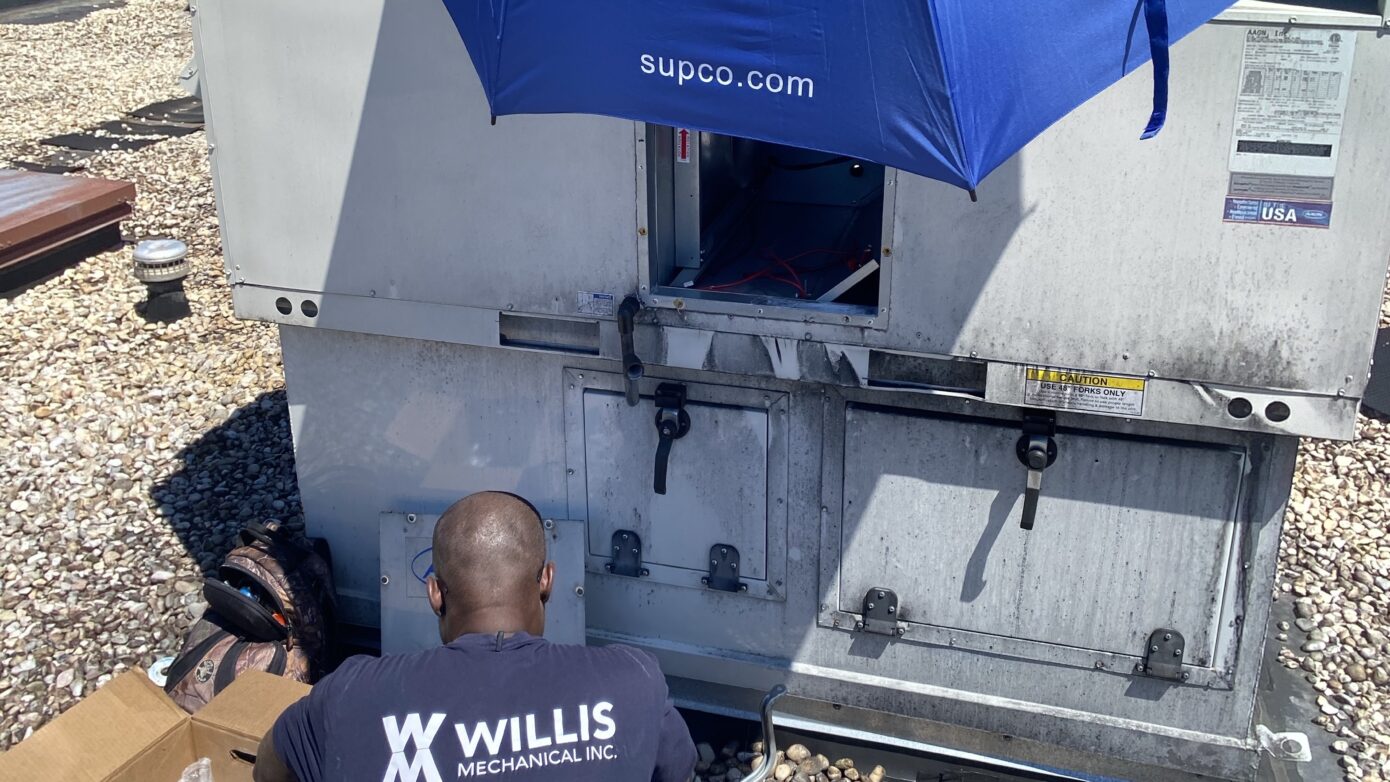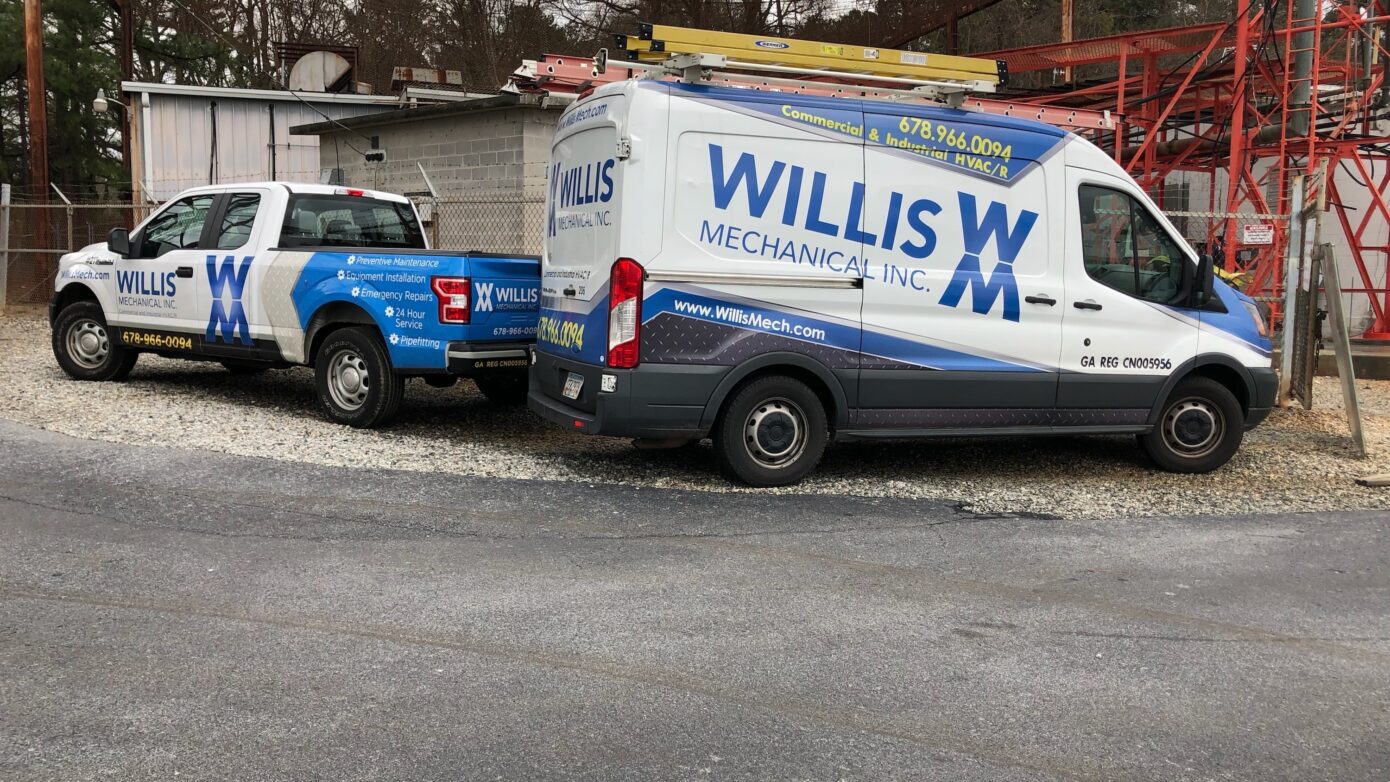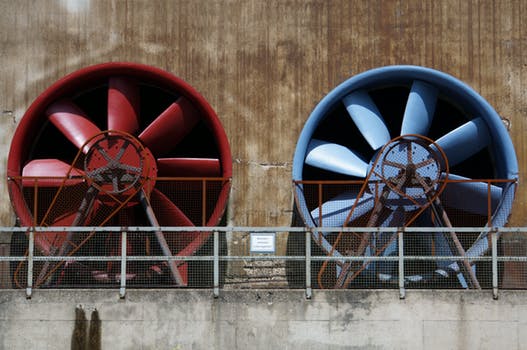Comparing Centrifugal Chillers, Screw Chillers, and Mag-Bearing Chillers: Pros and Cons
Centrifugal Chillers: Pros:
- High Cooling Capacity: Centrifugal chillers are capable of providing high cooling capacities, making them suitable for large-scale applications.
- Efficiency at Full Load: Centrifugal chillers typically exhibit excellent efficiency at full load conditions, offering energy savings.
- Part-Load Efficiency: Some centrifugal chillers feature variable-speed drive technology, allowing them to modulate capacity to match the cooling demand, resulting in enhanced part-load efficiency.
- Compact Size: Centrifugal chillers are often more compact than other chiller types, making them suitable for installations with space constraints.
Cons:
- Limited Capacity Modulation: Traditional centrifugal chillers have limited capacity modulation capabilities, which may result in reduced efficiency at part-load conditions compared to other chiller types.
- Higher Sound Levels: Centrifugal chillers tend to generate more noise compared to other chiller types, making them less desirable in noise-sensitive environments.
- Higher Initial Cost: Centrifugal chillers are generally more expensive to purchase and install than other chiller types, making them less cost-effective for smaller applications.
Screw Chillers: Pros:
- Reliability: Screw chillers are known for their robustness and reliability, requiring minimal maintenance and repairs.
- Wide Operating Range: Screw chillers offer a wide operating range, allowing them to maintain efficiency across various cooling load conditions.
- Efficiency at Part Load: Screw chillers can achieve good part-load efficiency, especially those equipped with variable-speed drive technology.
- Lower Noise Levels: Screw chillers typically produce lower noise levels compared to centrifugal chillers, making them more suitable for noise-sensitive environments.
Cons:
- Larger Footprint: Screw chillers tend to have a larger physical footprint compared to other chiller types, requiring more space for installation.
- Limited Capacity Modulation: Traditional screw chillers have limited capacity modulation capabilities, which may result in reduced efficiency at part-load conditions.
- Moderate Initial Cost: Screw chillers generally fall in the mid-range in terms of initial cost, making them a viable option for various applications but not the most cost-effective choice.
Mag-Bearing Chillers: Pros:
- Energy Efficiency: Mag-bearing chillers are known for their high energy efficiency, as the magnetic bearings eliminate friction and reduce energy consumption.
- Silent Operation: Mag-bearing chillers operate quietly due to the absence of mechanical friction and vibration.
- Reduced Maintenance: With fewer moving parts and no mechanical bearings, mag-bearing chillers require less maintenance and have a longer lifespan.
- Precise Capacity Control: Mag-bearing chillers offer precise capacity control, ensuring efficient operation even at varying cooling loads.
Cons:
- Higher Initial Cost: Mag-bearing chillers are typically the most expensive option due to their advanced technology and energy-efficient features.
- Limited Availability: The availability of mag-bearing chillers may be limited compared to centrifugal and screw chillers, resulting in longer lead times for procurement and installation.
Factors Influencing Chiller Selection:
- Capacity and Load Profile: Centrifugal chillers are suitable for high-capacity applications, while screw and mag-bearing chillers offer better part-load efficiency.
- Noise Sensitivity: For noise-sensitive environments, screw chillers and mag-bearing chillers are preferable due to their lower sound levels.
- Energy Efficiency: Mag-bearing chillers are known for their exceptional energy efficiency, making them a preferred choice for sustainable and energy-conscious projects.
- Budget Considerations: Centrifugal chillers are typically more expensive, while screw chillers and mag-bearing chillers offer cost-effective alternatives.
- Maintenance Requirements: Screw chillers and mag-bearing chillers generally require less maintenance and have longer lifespans compared to centrifugal chillers.
The choice between centrifugal chillers, screw chillers, and mag-bearing chillers depends on specific project requirements, including capacity, load profile, noise sensitivity, energy efficiency goals, budget considerations, and maintenance preferences. Engineers will consider these factors to determine the most suitable chiller type for their particular application, weighing factors such as capacity modulation, sound levels, initial cost, energy efficiency, and maintenance requirements. It is recommended to consult with a qualified chiller specialist or HVAC engineer to select the optimal chiller type for each unique project.










